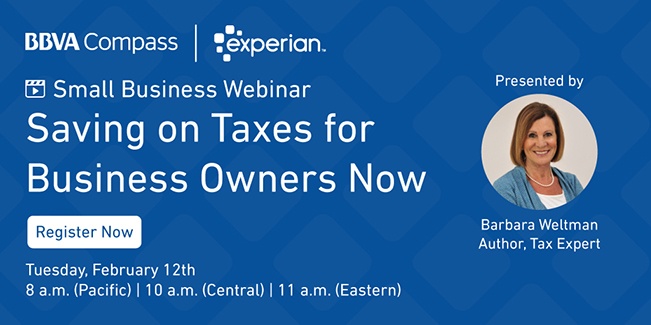Do you own an S-Corp, or are you thinking about starting one?
According the IRS, about 70% of all corporations filing tax returns are S-corporations (including regular corporations and LLCs electing the S-corp status). S-corporations tax returns also get more scrutiny from the IRS.


Here are ten down and dirty things to know:

An Introduction to 202o’s Top 10 Tax Savings Tips Ideal for Small Business Tax Tip 1. Get Your Business Structure Right. The way you set up your business will have significant implications on the amount of tax you pay. Whilst many small businesses still trade as sole traders or partnerships, given falling corporation tax rates, the majority. Year End Tax Planning for Small Business Owners January 23, 2021 team@leaders-online.com. Here’s what you and your tax professional can discuss in order to help reduce your tax liability for 2020 and beyond 1. Determine whether your business may qualify for different tax treatment. Many small business owners can deduct 20% of. Create a smart plan for paying taxes. With the complexities of a pandemic, PPP loans, and tax deferments - this year's taxes may be more complex than usual for small business owners. See these tax topics and get tips to help reduce your tax liability for 2020 and beyond.
10 Tax Saving Tips For Small Business Owners Start Up


10 Tax Saving Tips For Small Business Owners Near Me
- S-corporations pass the tax burden for corporate income, losses, deductions and credits through to their shareholders. Shareholders in turn report these incomes and losses as ordinary income on their personal tax returns. This allows the corporation to avoid double taxation.
- S-corporation status can reduce self-employment taxes for shareholder-owners. However, shareholder-employees must receive a “reasonable salary” reported on a W-2 and are subject to FICA taxes. Failure to pay a reasonable salary could result in severe penalties and back taxes.
- Corporate officers are considered employees, and S-corporations must comply with all employment laws regarding these employees, including paying payroll taxes, federal and state income taxes, FICA, worker’s compensation and unemployment taxes.
- All S-corporation profits, losses and credits, etc. are allocated according to the percentage of shareholder ownership. If you own 62% of the stock, you are responsible for 62% of the income, losses, etc.
- An S-corporation can own 80% of the stock of a C-corporation, but unlike a C-corporation, an S corporation is not eligible for a dividends received deduction (DRD). That means if an S-corporation owns shares of stock in a C-corp which then distributes dividends to the S-corp as a shareholder, the S-corp cannot receive a tax deduction like another C-corporation would.
- S-corporations’ charitable contributions are not limited to the same 10 percent of taxable income limitation as C-corporations.
- Shareholders pay tax on S-corp income even if they do not receive a cash distribution.
- If distributions to shareholders exceed a shareholder’s basis, the excess will be taxed as capital gains.
- S-corporations may have to pay excise taxes on things like motor fuel and highway usage by trucks.
- Taxability of distributions from an S-corporation that has always been an S-corporation is different than that of a C-corporation that has been converted to an S-corporation.
Corporate taxes are complex, so be sure to consult with your favorite CPA and/or attorney for advice.
